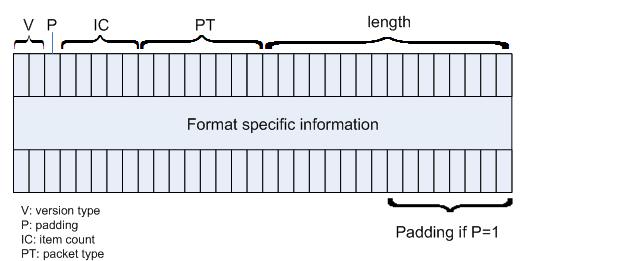RTCP Protocol
This article is a brief introduction about the RTCP protocol in relation with Ozeki VoIP SIP SDK. After reading through this page you will be fully familiar with all the essential terms concerning RTCP and what you will need for creating your own solution using Ozeki VoIP SIP SDK.
The Real-Time Transport Control Protocol (RTCP) is a companion protocol of the Real-time Transport Protocol (RTP) the one used to send and receive most media over IP these days. RTCP gathers statistics for a media connection and information (Figure 1). It provides feedback to the sender about the quality of the data being sent. RTCP gives information on transmitted octet and packet counts, lost packet counts, jitter, and round-trip delay time. This information can be used to control quality of service parameters, perhaps by limiting flow, or using a different codec. RTCP itself does not provide any flow encryption or authentication methods.
In SIP, for example, call control can take place over UDP, where there is no way to know if one of the user agents crashed or dropped out of the network due to some extraneous reasons especially when the only thing flowing between the user agents is the media. In such a case, monitoring RTCP reports can be used to determine if a call got dropped.

This article introduced you the basic knowledge about RTCP protocol and showed how Ozeki VoIP SIP SDK can help you to fulfill your wishes about this topic. If you have read through this page carefully, you already have all the knowledge you need to start on your own solution.
As you are now familiar with all the terms concerning this topic, now it is time to take a step further and explore what other extraordinary solution Ozeki VoIP SIP SDK can provide to you.
If you have any questions or need assistance, please contact us at info@voip-sip-sdk.com
You can select an Ozeki VoIP SIP SDK license on Pricing and licensing information page
